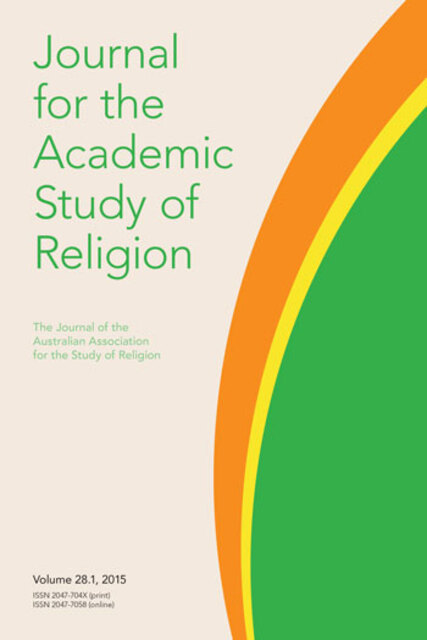‘Impartial Sources’ and the Registration of Religious Communities in Finland

Full description
The Freedom of Religion Act in Finland dates to 1922, but before 2003 only one community with no connections with the so-called world religions, 'scientific' Totuuden ystävät, was registered (in 1958). In 2003 an evaluative board was established to supervise registration. The number of rejected applications has been growing since the 1990s. Because these all concern minority movements, the Finnish case can shed light on the worldwide interest in state responses to minority religions. This article analyses the applications of three groups: La Sociedad del Amor de Dios (2015) and Suomen Äärimmäisen Vapaa Eristinen Liike (2016), both of which were unsuccessful, and Karhun kansa (2013), which was successful. Key questions include 'On what basis does the board of experts reject or approve the applications of new or "alternative" religious groups?' and 'What role do "impartial sources" play in the decision-making process of the board?'.
- typeImage
- created on
- file formatjpeg
- file size24 KB
- container titleJournal for the Academic Study of Religion
- creatorEssi Eleonoora Mäkelä
- issnISSN:1744-9014 (online)
- issue31.1
- publisherEquinox Publishing Ltd.
- publisher placeSheffield, United Kingdom
- doi
We use cookies to analyze our traffic. Please decide if you are willing to accept cookies from our website. You can change this setting anytime in Privacy Settings.
